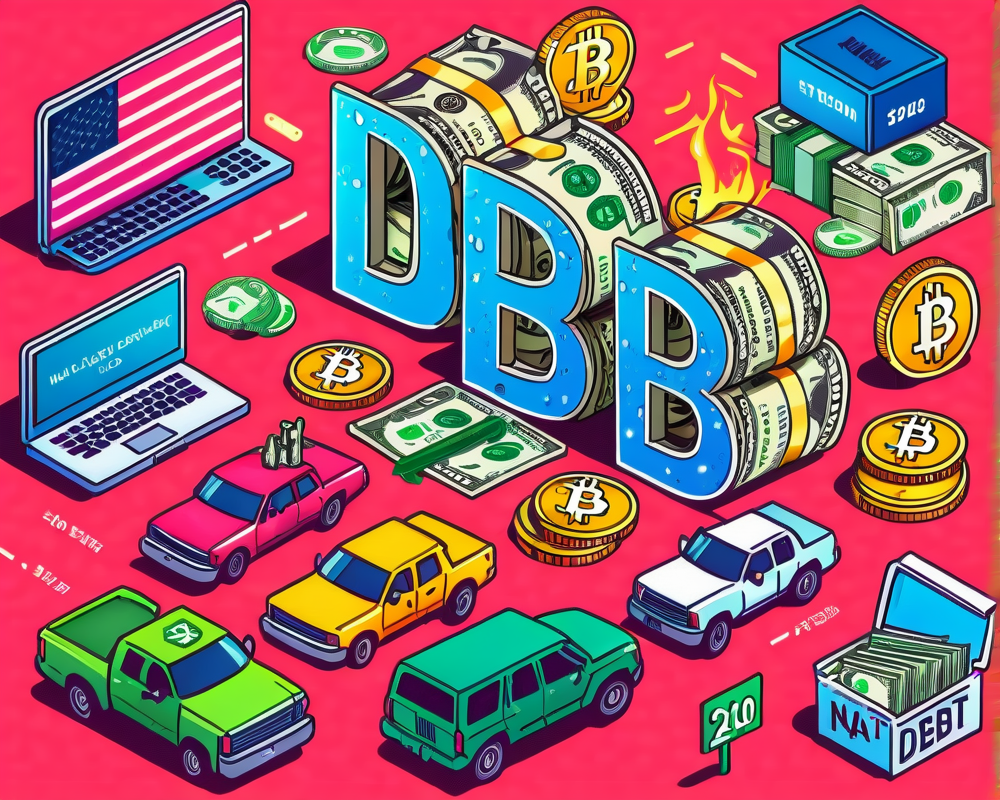Recent Developments in Russian Crypto Regulations
In the ever-evolving landscape of cryptocurrency, Russia is making headlines with its approach to digital financial assets. Recently, legislators have stepped up efforts to firmly establish crypto as a taxable entity, particularly as a potential player in foreign trade. However, don’t expect to use your Bitcoin for your morning coffee anytime soon!
The Ban on Digital Financial Assets as Payment
On Tuesday, Anatoly Aksakov, who chairs the Financial Markets Committee in the State Duma, introduced a crucial bill aimed at restricting the use of digital financial assets (DFA) as a payment method. His logic? “The ruble is the official monetary unit of the Russian Federation.” So, any thoughts about substituting your rubles for a shiny new crypto? Hold your horses!
What’s the Deal with This New Bill?
The proposed legislation isn’t just a casual wave of the legislative wand. It explicitly prohibits DFAs from being used as surrogates for the ruble, which means that crypto enthusiasts in Russia will need to curtail their spending plans. Here’s the catch: while existing laws didn’t outright ban DFAs for payments, they were also not recognized, making them legally dodgy without a clear path to acceptance.
Understanding Electronic Platforms
One of the more intriguing aspects of the new bill is its introduction of the term “electronic platform.” Now, this isn’t a flashy new tech startup: it refers to any system where digital financial assets are issued. These platforms will need to register with the central bank, effectively babysitting the DFA market and promising not to let any unauthorized dealings slip through the cracks.
How This Affects Major Operations
Everything from issuing to trading DFAs will be closely monitored by a registry dedicated solely to these activities. So if you were hoping to make a quick buck trading crypto under the radar, think again – Russia’s financial oversight is stepping up to the plate.
What Lies Ahead?
The landscape isn’t stagnant, however. Other bills are also in the works, one of which aims to paint a broader picture for crypto regulations, while another tackles mining policies explicitly. Looks like crypto in Russia is about to get a lot of paperwork and red tape, but at least there’s a roadmap, albeit with some hefty speed bumps!
Conclusion
In essence, while Russia is slowly warming up to the concept of crypto as a legitimate investment asset, the whole idea of using it for day-to-day transactions is firmly off the table. As the legislation moves forward, it will become clearer how the Russian Federation plans to navigate this digital frontier, all while keeping the ruble on its throne as the reigning currency.




